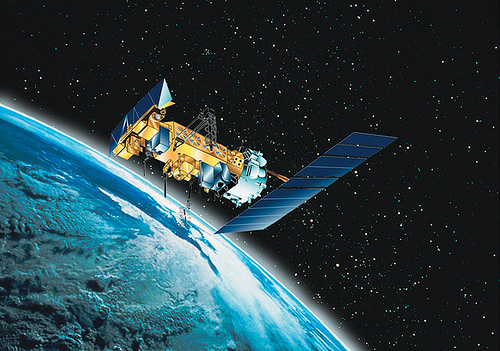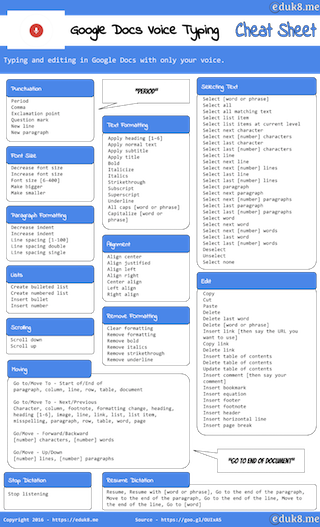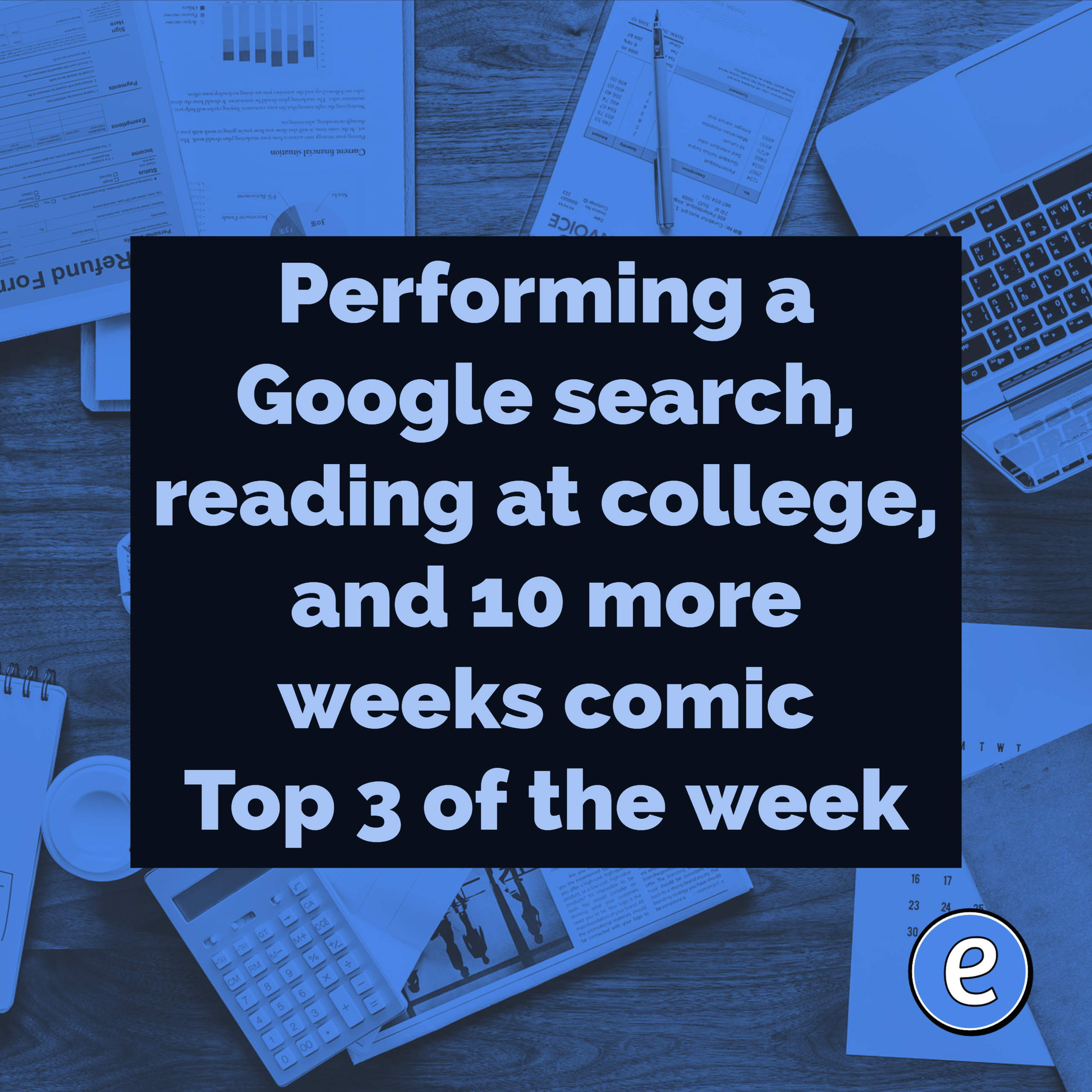Education Data And GPS
Totally different paths taken with the opening up of GPS data vs education data.
Yet all of the research (and the debate about education data) has created the illusion of ubiquitous education data. Instead, in practice, the parallels between education and GPS fall apart in some key ways.
First, while the decision to end selective availability was controversial (Clinton’s decision came only after an interagency process to discuss national security concerns and other issues), once the order was given the race was on to make the new data as useful as possible in as many ways as possible. There was competition among businesses, entrepreneurs and investors. But there was not an organized effort to constrain GPS or roll back the clock. When President George W. Bush made the change permanent by changing satellite procurement policy in 2007, it was scarcely noticed.
In education, by contrast, the effect on the marketplace has been modest relative to the potential and there are still vigorous efforts to put the data genie back in its bottle.
It’s a tough call in the education world. To collect the data required to inform decisions requires some sort of data collection goliath along with the ability to secure the privacy of students. But the article doesn’t tackle the big problem with student data. The fact that a majority of the data comes from performance on standardized tests taken a few times a year. And that the standardized tests themselves don’t measure students academic progress.






